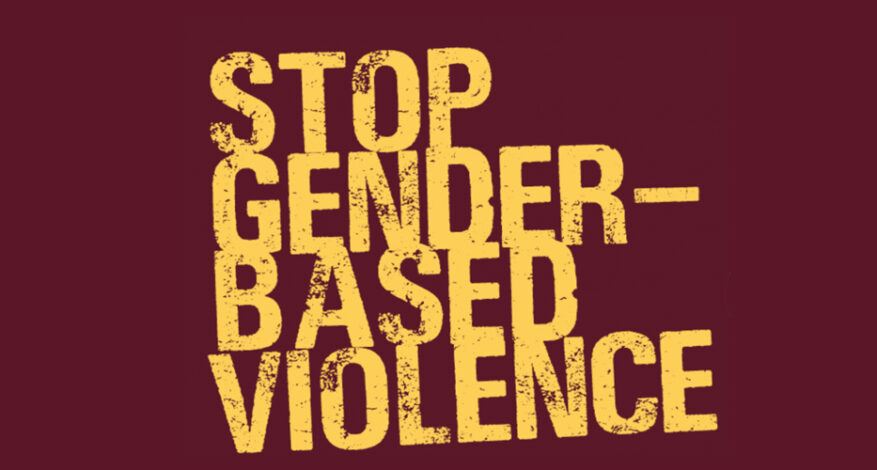The Women Education Advocacy and Development Initiatives (WEADI) has said that rape and other gender-based violence persists in the country because maximum punishments were not meted to offenders and perpetrators.
Executive Director WEADI, Dr. Regina Omo-Agege, said this Friday in Abuja at a news conference to mark this year’s international Human Rights Day and the end of 16 days of activism against gender-based violence in Nigeria.
She said at the conference with the theme: “Creating a better world for the future generation by ending all forms of gender-based violence” that making scapegoats of offenders by ensuring they were accordingly punished would drastically reduce the scourge.
Omo-Agege said at least one in three women on the planet have suffered physical or sexual violence, usually in the hands of a family member or intimate partner; while over 700 million women alive today were married as children; and up to 250 million women and girls have undergone female genital mutilation (FGM).
She lamented that till now, investments in prevention and essential services for survivors of violence and their families have been insufficient or uneven across or within countries.
Also, the Director General, National Agency for the Prohibition of Trafficking in Persons (NAPTIP), Dr Fatima Waziri-Azi, represented by the agency’s Director, Counselling and Rehabilitation, Mrs. Kehinde Akomolafe, said that while government plays its part, the citizens’ parts remain very important to aid prosecution and punishment of offenders and to deter perpetrators of the crime.

 Join Daily Trust WhatsApp Community For Quick Access To News and Happenings Around You.
Join Daily Trust WhatsApp Community For Quick Access To News and Happenings Around You.


